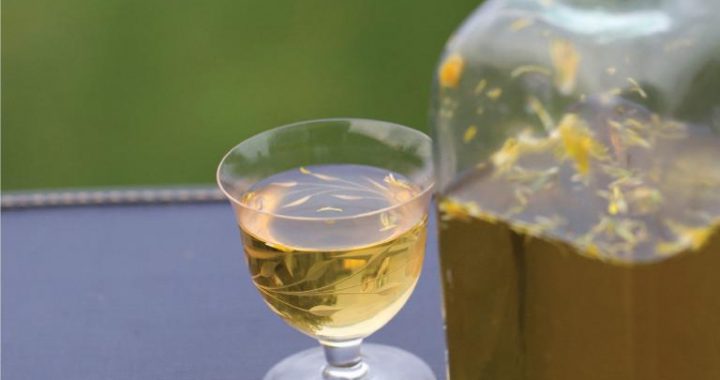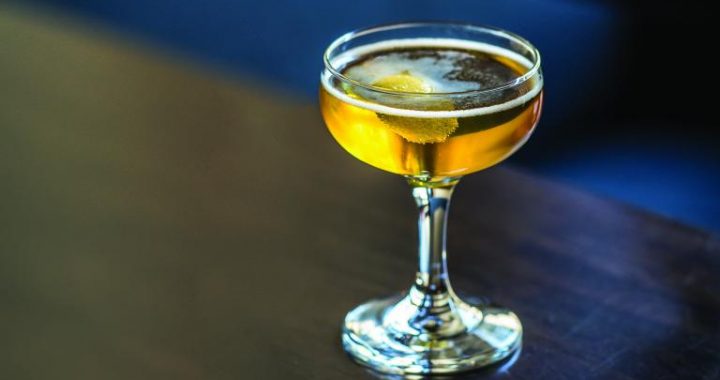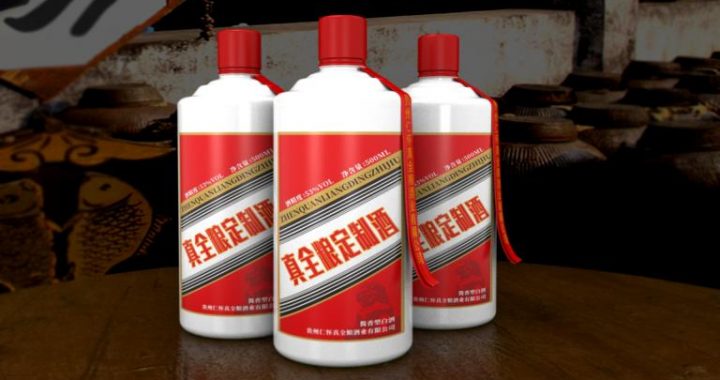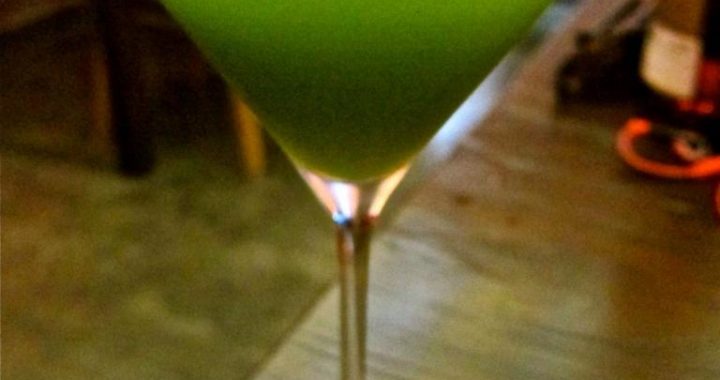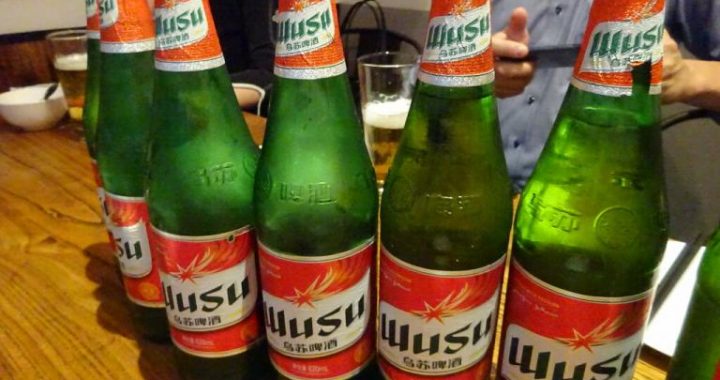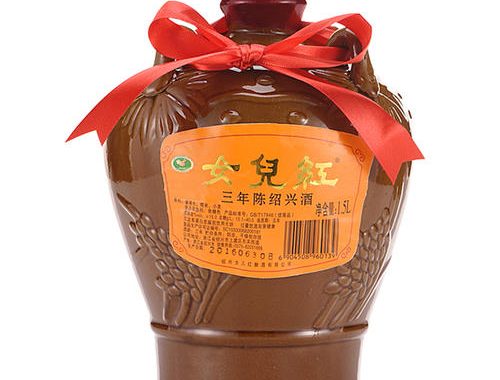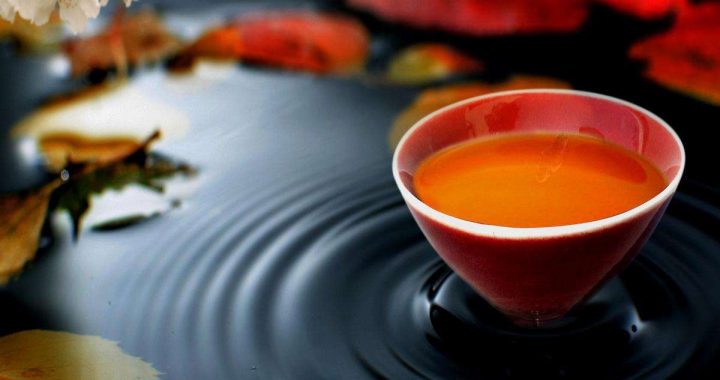Xinjiang Red Wine
7 min readThere is a verse of the Tang Dynasty,”Good wine is poured into a luminous wineglass.
When we are about to drink it, some people play pipa on horses as if they are urging us to fight.”The good wine just refers to the grape wine of ancient western regions-Musalles.
The tribute “Nectar of the Western Regions”paid by Gaochang Kingdom to the Tang Dynasty was this wine as well.
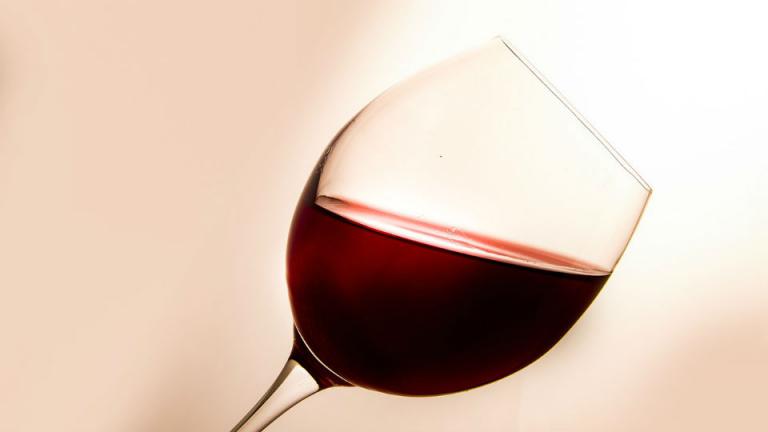
Musalles is a drink popularly en joyed by the Uygur people in southern Xin jiang and its making process is also extremely unique. The drink is a kind of juice totally with fresh grapes as raw materials; however, it does not belong to wine. It is a traditional drink well-known among people in Awat and unique in Xin jiang. As a natural juice similar to grape wine, the drink rich in nutrition can be very good for health with its functions of activating blood circulation to dissipate stasis, warming channel to intensify blood movement, and reinforcing kidney to strengthen yang, etc. It now serves as an important medicinal material for curing diseases and the effect is very good.
There are two legendary stories about the origin of Musalles, with one being related with love and the other with friendship. The legend of love is enjoyed by women, and women in Awat believe that Musalles is closely related with love. Their finding their lovers, their marriage ceremony and their bearing sons and daughters are all accompanied by Musalles and so do other events during their entire lives. Once, during the Yarkant Dynasty(1514A.D. to 1680A.D.),a beautiful girl named Guli Aman lived by the Yarkant River. The beautiful girl and a handsome guy named Mamtimin fell in love with each other in an encounter. However, the Dolan people at that time were destined to migrate and drift for oasis; prairie was the basis of their life. Then it was time to say goodbye, though the two lovers were unwilling to part. Finally, Mamtimin left Guli Aman with a promise,”I will come to meet you when the grapes are ripe in autumn.”Guli Aman was looking forward to his coming back. However, with the grapes being ripe year in and year out, the lover still had not ever returned.Guli Aman only remembered that her lover had said that their love would be green and luxuriant like their grape vine,and it would also be sweet and intoxicating like the grapes on the grape trellis.Thus,Guli Aman wanted to keep the grapes planted by them and then she got the storage method of cooking grapes into grape juice,even though she did not realize she was making wine.Guli Aman made the wine with all of her thoughts,expectations and wait.Thereafter,Guli Aman had been making the wine year by year and she also gave the wine to people coming from Mamtimin’s hometown.It is a spoony woman’s love turning into the mellow Musalles.
Yet,men prefer to believe the good wine is closely related to friendship.Even on very usual days, men in the village will be drinking Musalles together talking about life and friendship.A man always drinks his own wine this day, and drinks wine of neighbors’ the next day. The friendship is just like the one told in the story of Musha. Musha was also aperson in the Yarkant Dynasty. He was hospitable and had friends even in remote villages.
One year, the large thin skin red grapes in his yard were ripe and he invited his friends to come and taste, but friends delayed because of long distance. It got cooler, and Musha was afraid that the grapes would go bad. So he cleaned them up, put them in a jar and sealed the opening waiting for his friends’ coming.A long time had passed, one day his friends finally came and Musha killed chickens and slaughtered sheep to treat them. During the meal, Musha suddenly thought of the grapes stored in the jar. Friends helped him carry out the jar and opened the cover. Then an intense perfume blew to their faces all of a sudden and the once granular grapes all turned into grape juice.”I had intended to invite you to havea taste of the grapes, but now the grapes all turned into juice.”Musha said with a pity.”In spite of this, please still have a taste.”Then, everyone poured a bowl of the juice and drank up. After a moment, they felt refreshed and a lot happier in mood. Thereupon, they danced the passionate Meshrap and en joyed dancing and singing to their heart content, with the guests forgetting the fatigue of journey and the hospitable host also forgetting the toughness of life. Since then, Musha became famous among Dolan people. Every year when the grapes were ripe, many Dolan people came to learn how to make wine. They picked up the grapes, squeeze out juice and put them into a jar for seal storage together with Musha.
After waiting patiently for 40 days, they had another good night of singing and dancing.
The real Musalles comes from Awat County in Xin jiang. With vast and fertile land and warm climate in Awat, the planting and growth of grapes are better there and the raw materials are abundant. In Awat, because of inconvenient traffic, people have always been using the folk methods for making Musalles. Until the 1950s, Musalles was still regarded as the only alcoholic drink in the vast rural areas and local people took the intoxicating degree as a standard for judging the quality of Musalles. As Musalles is totally handmade, the taste made by every person is unique and can never be repeated or imitated. Even tastes of Musalles made by the same person with the same method at different time and different places are entirely different. In the 1980s, the most famous craftsman in rural areas was Back Gesizep in Kelpin Village, Ayibage Township, Awat County who could make a pot of grape juice into 12 different kinds of Musalles. In each village and winter pasture of Awat, Musalles is a safe drink made by Uygur people themselves which is rich in nutrition, good in taste and also the most enthusiastic. On happy days, triumphs, harvest time, wedding days or family and friends gatherings, it is viewed as a natural drink. Musalles, being natural and rich in nutrition without blending, is a halal drink traditionally enjoyed by Muslim crowd. It is umber, transparent,a little bitter in sweet, mellow and has a unique flavor with long aftertaste.
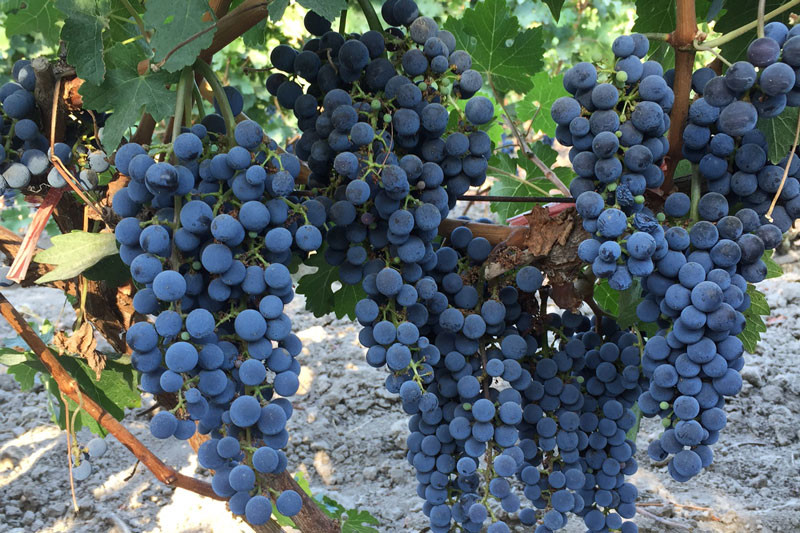
Each Awat people can make wine. In a rural wine shop, it can be judged theoretically that one is not a real native Awat if he is not able to make Musalles. Dolan people in Awat have two treasures: Dolan Muqam and Musalles. Dolan Muqam is expansive, rugged and full of pride, just as the taste of Musalles, sending out the burning feelings of Dolan people.
In some Uygur villages in southern Xinjiang, every household makes Musalles as people in the south of Yangtze River make rice wine. Furthermore, tastes of the wine made by different households are different according to the brewers’ ages, characters and feelings, reflecting the qualities and personalities of the brewers. Musalles made by elder people seems to be lifeless, but deserves to be savored carefully. In comparison, Musalles made by young people tends to be energetic and makes our blood boil after drinking it. Musalles made by a person with a bad temper makes you easy drunk and you may feel your throat burning after drinking it. Yet, Musalles made by a person with a gentle character is pleasant and comfortable and you cannot get drunk easily even if you drink very much.
Musalles made by people in love contains tastes of rose and honey and you will light up with pleasure and cannot help singing after drinking it. However, Musalles made by people who has lost love or got divorced is a little bitter and you cannot help shedding silent tears if you drink too much.
On”Country Musalles Carnival”,a festival which has been lost for a long time, every villager gave out a jar of good wine and poured them into a big vat to mix into Musalles for all the villagers to drink, which was a symbol of unity, just as the mixed wine in the vat.
Chunks of steaming beefs and muttons in the iron pot were the dishes that went with the wine. People would be drinking, singing and dancing for three days and three nights. On the third day, an elder of noble character and high prestige in the village would come out and speak. The meaning in the elder’s words was that Musalles represented forgetting and everyone who drank it should put things of misunderstandings, hatreds and displeasures between neighbors or between man and man entirely out of mind. People in sadness should become happy from then on; people in illness should pray to the god and should believe everything would be fine the next day; even for guilty persons, Musalles had washed up their souls and they should begin their new lives from then on.
Currently, there are more than 300 peasant workshops making Musalles grape wine in Awat. In addition, there are more than 20 Musalles processing enterprises with an annual output of Musalles grape wine of more than 3,000 tons. With the increasing fame of Musalles, some workshops start using modern wine making technologies. They process Musalles with high temperature or mix alcohol with it to prolong the shelf life. For this, the old Ezizi and Mullah Amat keep shaking their heads. In their eyes, only Musalles brewed by hearts and emotions with their own hands is real Musalles of Awat people.

